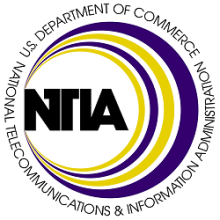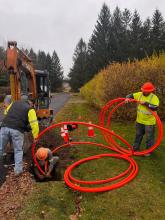With ACP Gone, New Mexico Creates First State-Level Internet Affordability Program
New Mexico Gov. Michelle Lujan Grisham signed into law today new legislation that aims to provide tens of thousands of low-income households in “The Land of Enchantment” an Internet lifeline similar to the now-expired federal Affordable Connectivity Program (ACP).
It makes the state the first to step up in the absence of federal action to support households that just can’t afford to pay for monthly service, and will directly support 173,000 households.

Senate Bill 152 – first filed on January 26 of this year by State Sen. Michael Padilla, (D) Majority Whip – will update the state’s Rural Telecommunications Act and empower the New Mexico Public Regulation Commission (PRC) to offer up to $30/month for qualified households to pay for Internet service.
The broadband bill, known as the Low-Income Telecommunications Assistance Program (LITAP), passed through the formal legislative session in high-speed fashion. It was first introduced at the end of January, passed by the House, and then the Senate by a 38-0 margin last Thursday (Feb. 12), making its way to the governor’s desk to be signed into law today. That’s a 25-day marathon from legislative start-to-finish.







